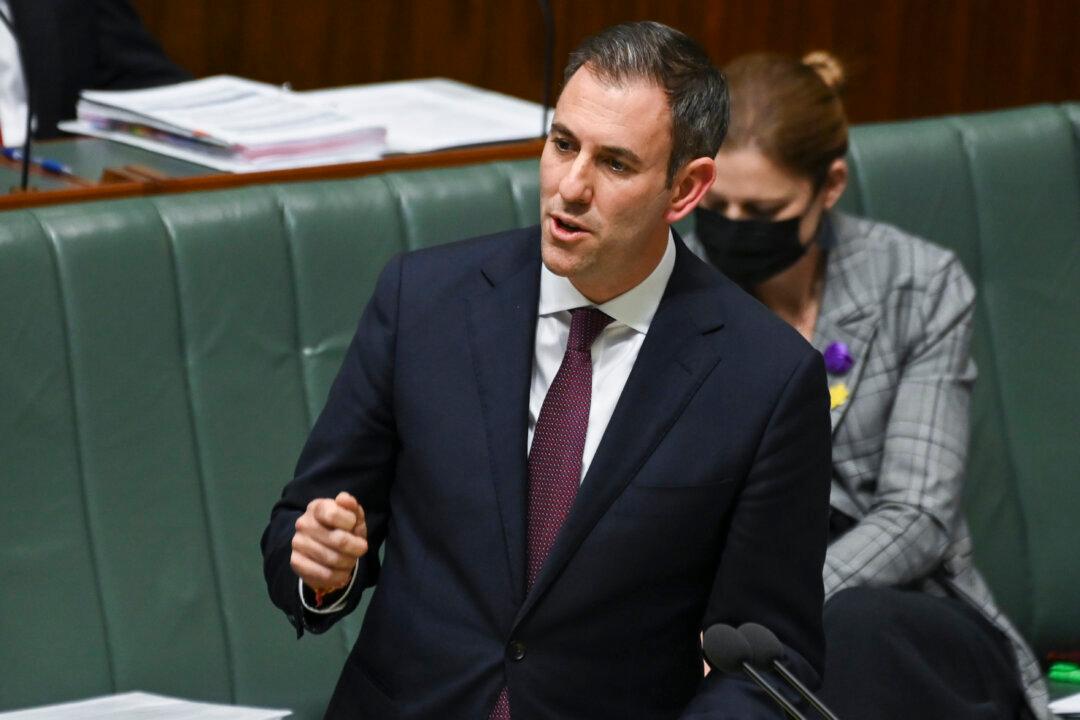Australia’s mining resources sector has seen Queenslanders, along with Western Australians, being lifted out of disadvantage, while incomes were higher than their parents when compared to other states.
In an opinion piece published on Jan. 13, Federal Treasurer Jim Chalmers said that the mining boom had made a considerable contribution to the state’s economy.





